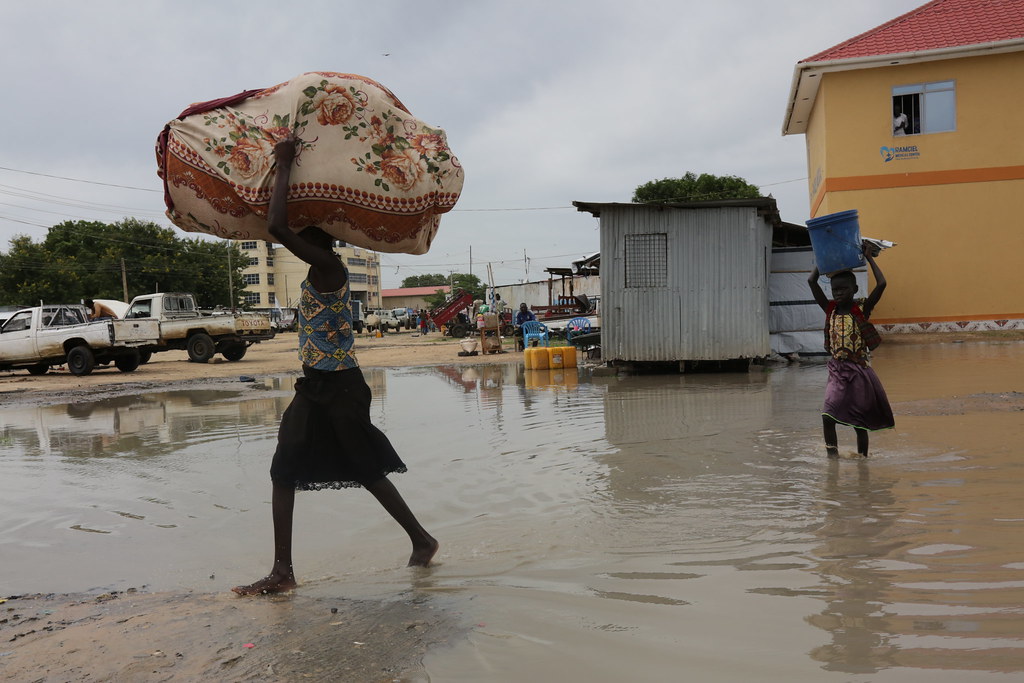Floods in Kenya leading to severe consequences for education: Save the Children
The organization is actively providing support through cash transfers, hygiene, household, and water treatment kits, and education materials to facilitate the return to school.

Heavy rains and floods in Kenya have wreaked havoc across the country, leading to extensive damage and severe consequences for the educational sector, according to a recent report from Save the Children. Since mid-March, these catastrophic conditions have led to the destruction or submersion of at least 62 primary schools, significantly impacting over 15,000 children who are poised to face a disrupted education as schools are set to reopen next week. Furthermore, the floods have exacerbated health risks, including the spread of waterborne diseases such as cholera, with 34 cases already reported along the Tana River.
The ongoing disaster, amplified by the El Niño weather phenomenon, has also adversely affected Nairobi’s informal settlements, particularly the Mathare slums, where over 7,000 residents have been displaced, losing both homes and livelihoods. Moreover, the Ministry of Education's assessment revealed that over 20,000 toilet blocks at various schools have been severely damaged or submerged, posing additional health threats to more than 1.5 million students nationwide.
Beyond the physical and health hazards, the flooding has deeply affected the psychosocial well-being of children. Loss of family members, friends, and the familiarity of their play areas and environments have heightened the risks of child labor, teenage pregnancies, and early marriages.
In response to this escalating crisis, Save the Children's Acting Country Director for Kenya and Madagascar, Mohamed Abdiladif, emphasized the critical need for coordinated efforts to restore normalcy to the lives of affected children and their families. The organization is actively providing support through cash transfers, hygiene, household, and water treatment kits, and education materials to facilitate the return to school. They are also implementing protective services in collaboration with local agencies to ensure the safety and well-being of vulnerable children.
Additionally, Save the Children has called for the response to the climate crisis, including the allocation of climate finance, to be child-responsive. This approach ensures that children’s rights, such as the right to education, are integral to decision-making processes concerning their future.
This devastating situation in Kenya underscores the broader impact of climate-related disasters on education and the urgent need for comprehensive measures to safeguard and prioritize children's rights and welfare in the face of such challenges.
- READ MORE ON:
- Save the Children
- Kenya










